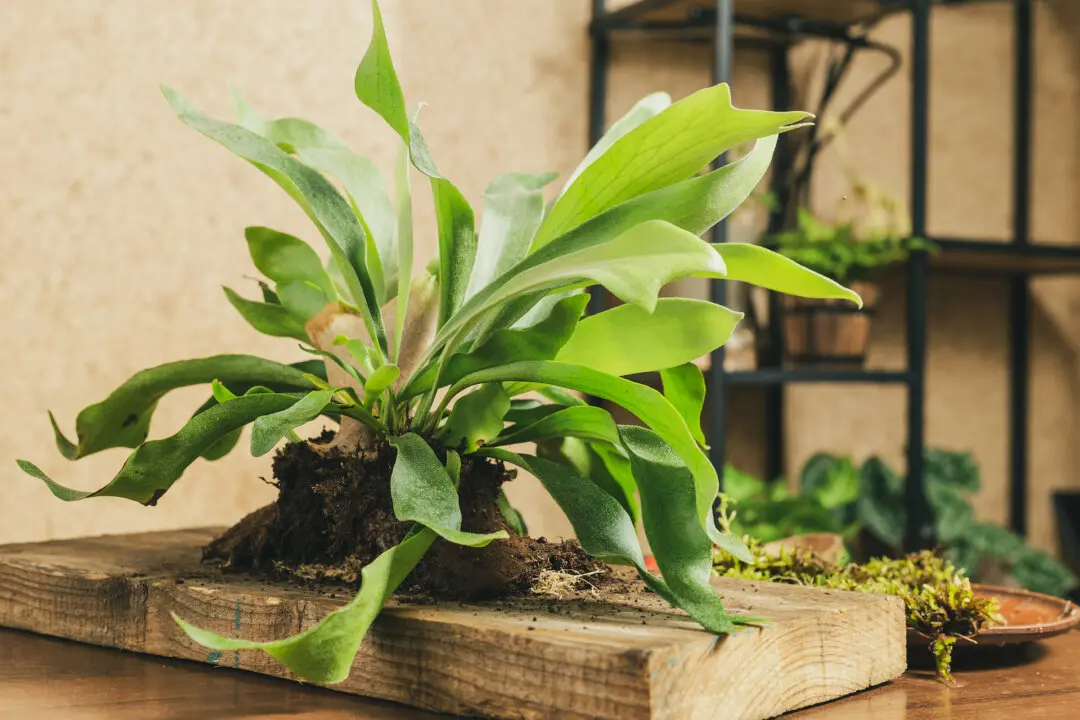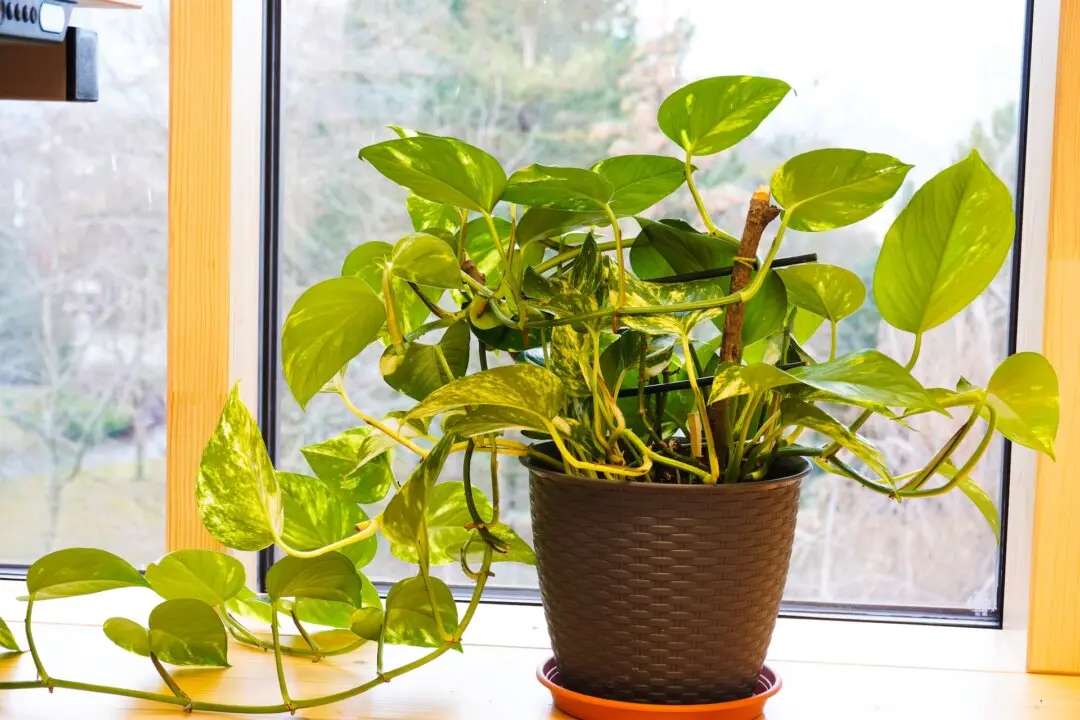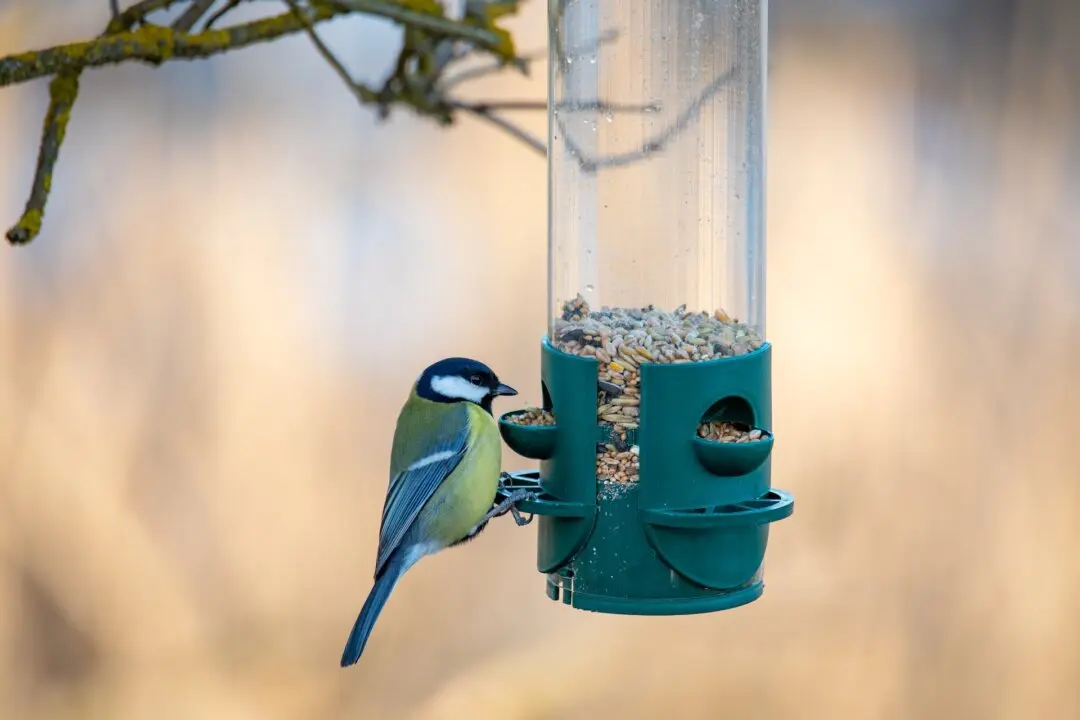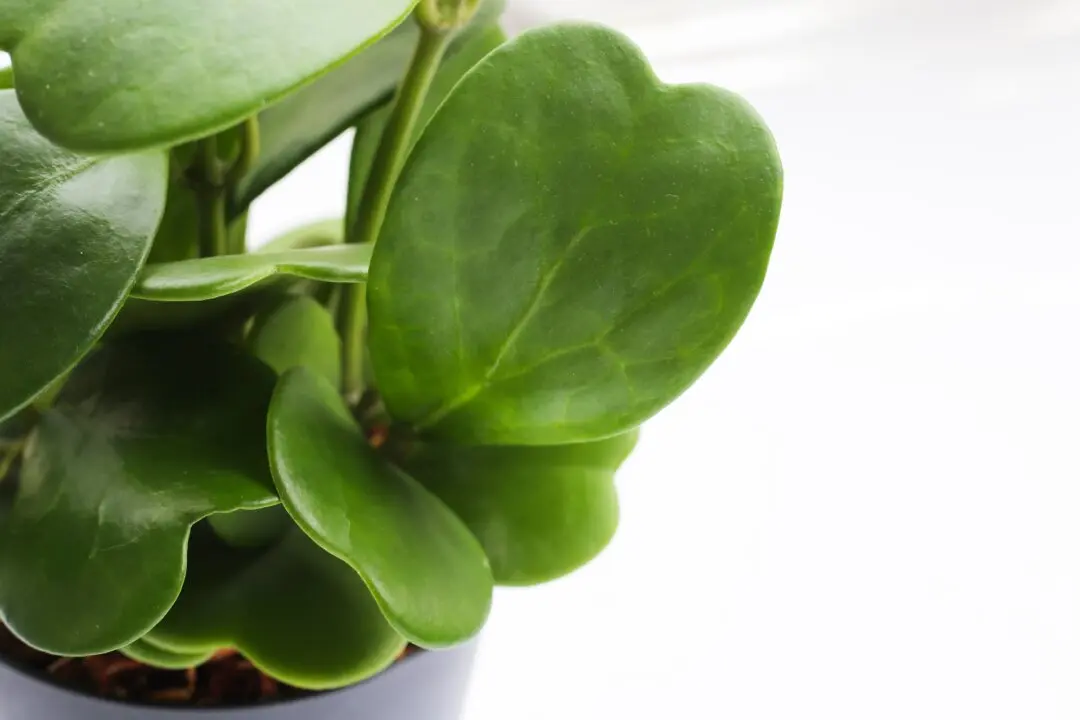I always appreciate feedback to my articles. Recently, I replied to an older gentleman about using a leaf blower instead of the labor-intensive rake that he had been using. Several people thought I didn’t give rakes enough love, and a few thought they had a better alternative by using a mulching mower.
They said things like: “I felt like the rake got cheated a bit. There are important positive aspects of rakes that would have been great to include and educate people about.” And: “I have used both for years, but mulching blades for my mower have been the best investment to save time and work.” Finally: “If there are too many leaves to leave mulched on the lawn, we rake the excess and put them in our composter.”
Let’s set the record straight, I use all three. Each tool has its strengths and weaknesses. Rakes are easy to use. Rakes are great for big leaves and young people. They don’t pollute the air, and they don’t make too much noise. Both points are very important to many people.
On the other hand, rakes don’t work well on small leaves such as those from a honeylocust. They damage grass plants, and they can even rip them out of the ground in shady lawns. Rakes not only damage the grass plants but also move bits of soil and other debris that can infect the damaged plants with diseases.





